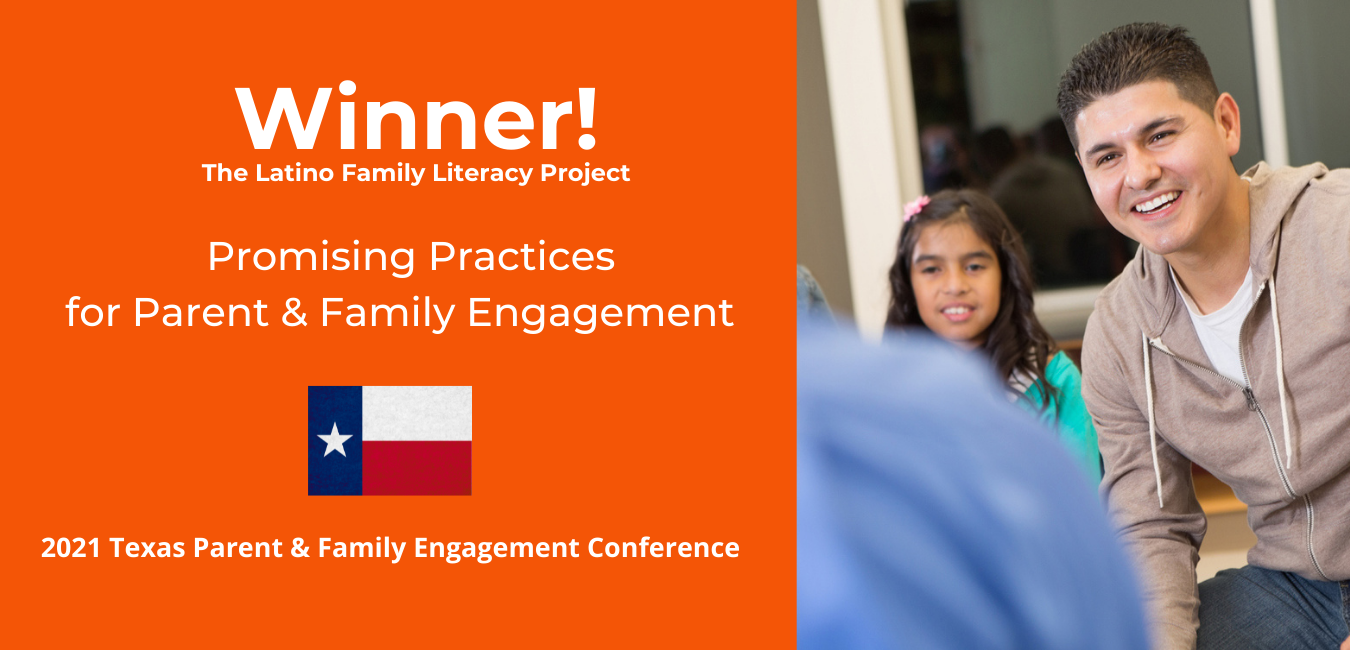Understanding the steps to attend college is essential in opening doors to higher education and future success. Many students face unique challenges, and when parents are informed about the college process, they can better support their children’s academic journey. 1. Increased College Enrollment Rates – When families understand financial aid, admissions requirements, and application deadlines, students are more likely to … Read More
Maximize English Learner Success Through Parent and Family Engagement
Parent and family engagement is a cornerstone of academic achievement, especially for English Learners (ELs). Active family engagement not only enhances ELs’ language development but also amplifies their overall educational experiences. Dive into the transformative effects to maximize English learner success through parent and family engagement at schools. outcomes: 1. Boosted Academic Performance: Studies consistently indicate that ELs with involved … Read More
Improving Equity and Student Outcomes
Improving equity and student outcomes has become a big focal point of discussion across the country. Equity is the focus on ensuring that everyone receives what they need to be successful – even if it means being unequal across socioeconomic lines. According to the American Association of School Administrators (AASA), equity’s primary concern is “creating school cultures that recognize and … Read More
Strategies for Enhancing Parent Engagement with English Learners
Parent engagement is a critical factor in the academic success of students, particularly for Spanish-speaking English Learners (ELs). Engaging EL families in the educational process not only bolsters language acquisition but also enriches their entire educational experience. Here are tailored approaches to leverage parent and family engagement effectively: Enhanced Academic Performance: When Spanish-speaking families actively support their children’s education, students … Read More
An Asset-Based Approach for Parent Engagement
In today’s education landscape, the importance of fostering strong relationships between schools and families cannot be overstated. One of the most effective ways to achieve this is through an asset-based approach to parent engagement in schools. This method highlights and leverages parents’ strengths, skills, and capacities to support their children’s academic and social growth. By incorporating this approach, schools can … Read More
University Research Shows Impact for Latino Family Literacy Project
After a five-year project funded by the U.S. Department of Education (DOE) and in collaboration with the University of North Texas (UNT), The Latino Family Literacy Project learned from university-led evaluations and research that the program had a substantial, very effective, and lasting impact on the 150 English-learner families who were part of the initiative. “Project Success” was a DOE … Read More
Title III and Family Engagement with English Learners
Title III of the Every Student Succeeds Act (ESSA) was put in place to ensure that English Language Learners (ELLs) can attain proficiency in English and achieve academic achievement via family engagement. Title III was also enforced to help teachers, administrators, and other school leaders develop and enhance their ability to provide instructional programs that are effective and beneficial for … Read More
Family Partnerships to Support Student Achievement
Family engagement plays an essential role in education and student achievement. In fact, parental and family engagement has been an integral component in Title I of the Elementary and Secondary Education Act (ESEA). The ESEA explicitly outlines how schools and families should work in tandem to boost the academic success of English Learner (EL) students. Research demonstrates that partnerships between … Read More
Winner for Promising Practices
The Latino Family Literacy Project is a winner for Promising Practices at the 2021 Texas Statewide Parent & Family Engagement Conference. Our program success begins with an online training for school staff to implement a practical step-by-step curriculum for parent and family engagement. After 20 years of success throughout the United States, we know that parents want to develop new … Read More
Evidence-based Outcomes in Parent Engagement
Evidence-based outcomes in Parent Engagement (see chart above) are important to demonstrate the impact that programs have on parents and students for academic support. Our program outcomes are compiled and updated each year. Trained providers submit their evaluations based on feedback and surveys from parents who attend The Latino Family Literacy Project classes at their school. Here are four recommended … Read More


